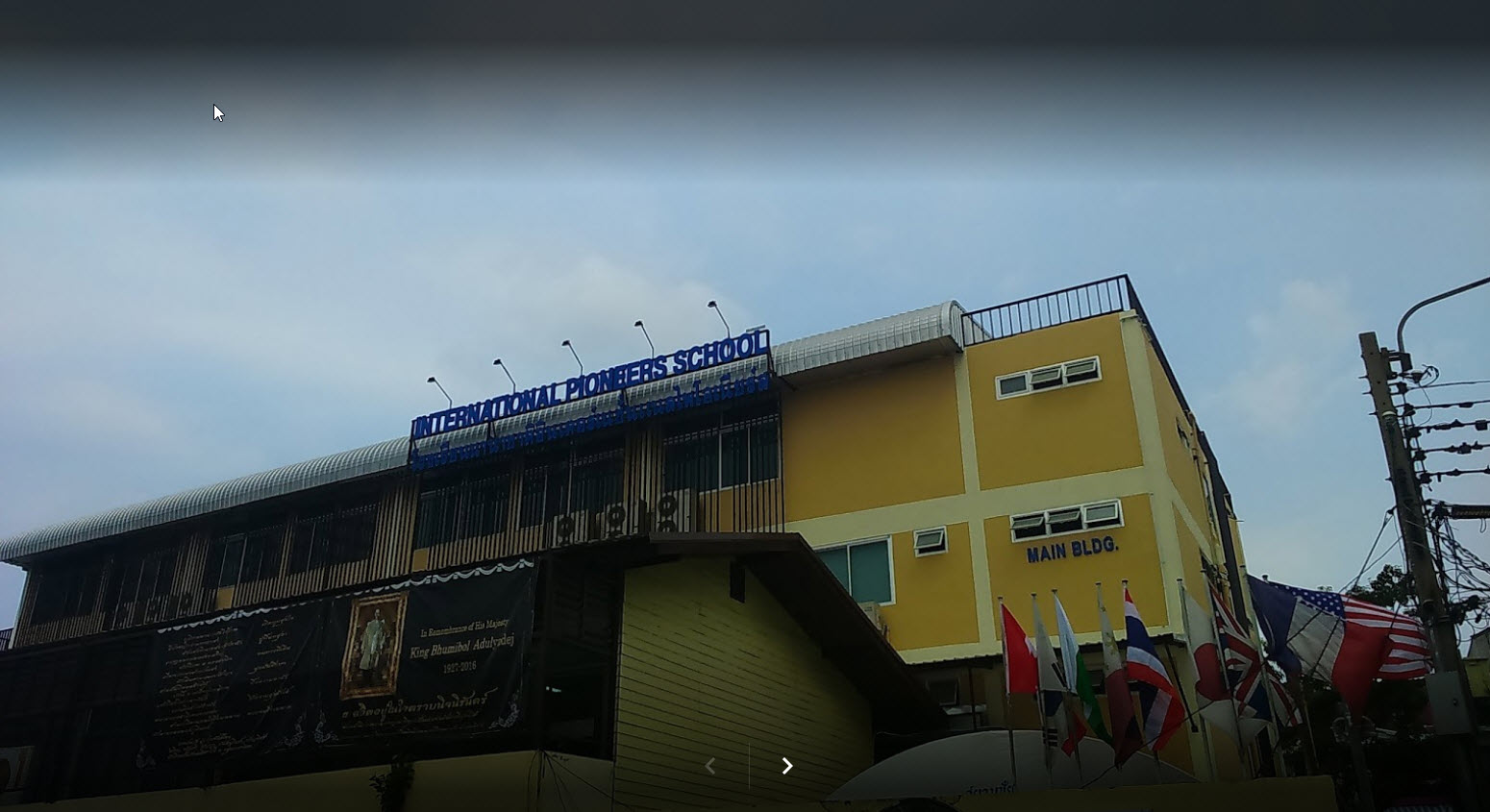ASSESSMENT POLICY
Assessment is defined as ‘activities undertaken by teachers, and by their students in assessing themselves, which provide information to be used as feedback to modify the teaching and learning activities in which they are engaged’.
THERE ARE TWO TYPES OF ASSESSMENT CARRIED OUT AT THE SCHOOL:
- “Assessment for Learning”, which indicates how the school uses formative assessment to enable the learner to know where they are in their learning and what they have to do next to reach their personal learning targets.
- “Assessment of Learning” which uses summative assessment measures to determine the standard that each child has reached by certain milestones in each key stage.
At IPS, we believe that assessment and recording are a crucial and integral part of the teaching and learning process. It is important to provide constructive feedback to students, focusing on strengths and what the student could do to improve against learning objectives, learning outcomes and targets. This enables students to become reflective learners and helps them to understand what they are currently achieving and how to make progress into the next level of learning.
The assessment system at IPS is standards-based, because “by the end of each key stage, pupils are expected to know, apply and understand the matters, skills and processes specified in the relevant programme of study” (gov.uk).
Students are given information on their progress at least once per term. In KS 1 to 3 students receive letter grades from A* to F according to their attained percentage. KS4 and post-16 students should receive this feedback according to the grading structure of IGCSEs, AS and A Levels for the subjects which they are studying.
Depending on the subject, students are given a variety of assessments that ideally cover the whole range of matters, skills and processes specified in the relevant programme of study.
LETTER GRADES, PERCENTAGES AND THEIR MEANING IN KS1-3
| A* |
96-100% |
The student has an excellent understanding of most of the curriculum content. |
| A |
90-95% |
The student has a very good understanding of most of the curriculum content. |
| B |
80-89% |
The student has a good understanding of most of the curriculum content. |
| C |
70-79% |
The student has a sound understanding of most of the curriculum content. |
| D |
60-69% |
The student has a fair understanding of most of the curriculum content. |
| E |
50-59% |
The student has a basic understanding of most of the curriculum content. |
| F |
0-49% |
The student’s understanding of most of the curriculum content is unsatisfactory. The student may benefit from additional teaching and support. |
ADDITIONAL ASSESSMENT PRACTICES
- Reading assessments using external resources (e.g. Oxford Reading Tree, Bookworms)
- Checkpoint examinations at the end of key stages 2 and 3
- IGCSE and A Level Examinations for Year 11 and Year 13 are set by the University of Cambridge International Examinations Board (CIE). Five terms of study, which are carefully assessed with internal assessments of coursework and end-of-term examinations (including mock IGCSE examinations), provide us with the data we need to submit forecast grades to CIE.
- Diagnostic assessments (if necessary) provide information about strengths and weaknesses of pupils, so that appropriate action can be taken with particular regard to Special Needs and English as a Second/Additional Language.
HOW WE UPDATE PARENTS
- Academic Progress Reports at the end of each term
- Parent-Teacher meetings three times a year to discuss progress of students
- Course outlines and success criteria to provide an overview of what the students are learning in each subject
- Pointers for the Final Examinations for each term
ATTENDANCE POLICY FOR FORMAL EXAMINATIONS
If the child is absent during an examination period without any valid reason then he/she will not be allowed to take the examination. Students who are absent can only be excused in case of serious illness or any serious issues in the immediate family (parents or grandparents). A medical certificate must accompany the excuse form signed by the parents. In case the student is unexcused for end-of-term examinations, a fee of THB2000 will be charged before an exam can be conducted.
















